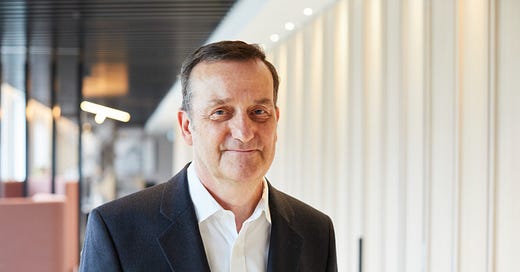Why would anybody want to become the director of public prosecutions for England and Wales?
Sir Allan Green (1987–1992), the first DPP to head the newly-established Crown Prosecution Service, contrived to procure his own resignation.
The late Dame Barbara Mills (1992–1998) — not to be confused with the highly regarded KC of the same name — struggled to co…
Keep reading with a 7-day free trial
Subscribe to A Lawyer Writes to keep reading this post and get 7 days of free access to the full post archives.



